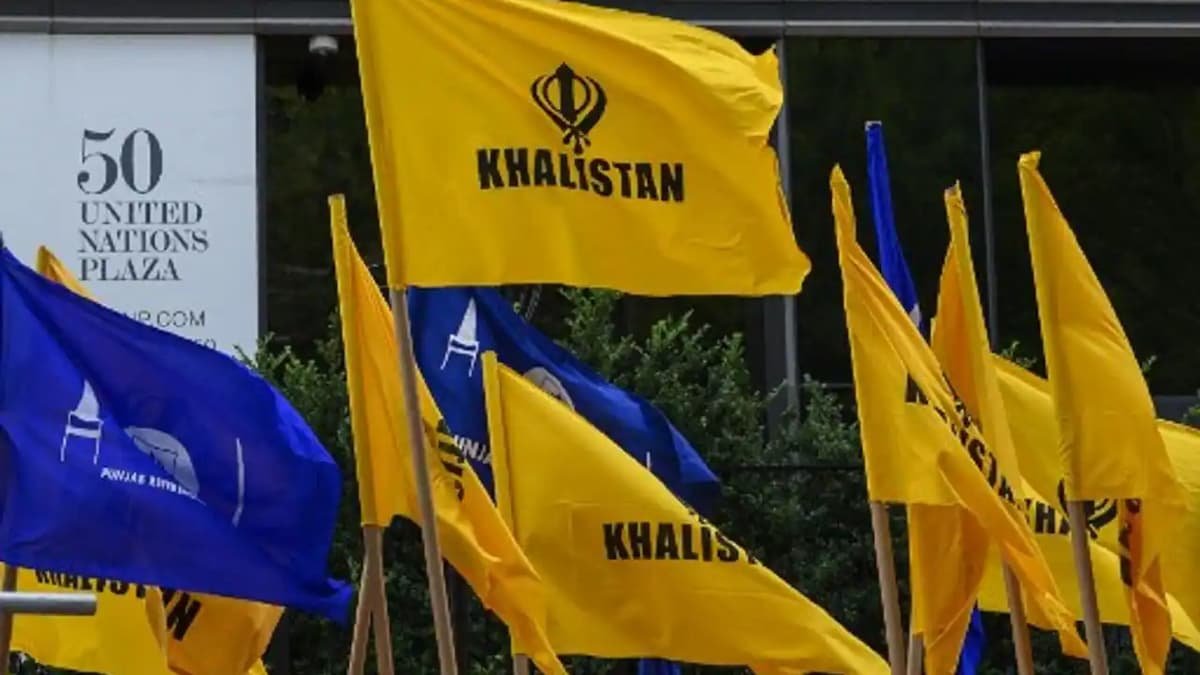
Another issue that is agonizing Sikhs is the prolonged detention of Sikh political prisoners. This issue has grabbed global attention in recent times when a Sikh farmer from Haryana, Gurbaksh Singh Khalsa, vowed to fast until his death or the release of named prisoners who were not being released by the Indian State despite serving the minimum mandatory terms of their sentences. But the Indian media was again mute or misleading. This issue was discussed on various global media platforms. We are a small newspaper, but our morality is way too big. Keeping calm on such crucial issues was a burden on my soul. I don’t know how much I will be able to reach people, but I am sure that I have made some efforts. Maybe the nonviolent, peaceful struggle of Gurbaksh Singh Khalsa was not dramatic enough to gain TRP. Maybe this topic is not commercially viable for them; maybe there is no personal gain in this news broadcast.
After all, media standards have unbeatable competition for advertisements. This is the reason Indian citizens remained unaware of the developments taking place in Punjab. They just know there was a threat to the PM’s life due to a security breach. They just know how political scheming failed in the tug of war. They just know some female calling herself Sidhu’s sister is washing the family’s dirty linen in public. They know all that creates the sensation but not the sense.
Sikhs are not only political victims; they are sufferers in the entertainment industry too. Sikh jokes are another thing that Sikhs have to deal with every day. Many of us have made merry with the jokes, ignoring and realizing that it’s just a mere joke. But why do we make a point of humor, and that too not on genuine humor stints but on appearance, communication skills, and not-so-intelligent people? On the contrary, many Sikh personalities have been at the top of their respective fields.
When the whole country was divided into states on the basis of language. Punjab was an exception. Sikhs started supporting the Akalis because they felt their culture and language were in danger. Mass protest irked Nehru; he made every possible effort to tame it. Partap Singh Kairon, CM (Congress 1960), worked hard for undivided Punjab and made it the most prosperous state. After Kairon’s assassination and Nehru’s death, Akali leaders once again pushed their agenda for the division of Punjab on a linguistic basis.
Later on, Lal Bahadur Shastri took some good decisions and helped the Punjab. In the Meanwhile, one of the top Congress leaders promised to give perks to Punjab if it gets divided. This came true under the leadership of Indira Gandhi, who flipped all the decisions of Shastri. Punjab was misused by the center to gain votes. Hatred against them was rising in the country. In the early 1980s, there was a conference in Amritsar, top Sikh leaders were called, but they felt discriminated against. The media was under the control of politicians, and no news was made to bring out the truth about all that was burning in Punjab.
Meanwhile, the government started promoting Deras. Congress helped Deras open various new branches. This was done to weaken Sikh agitations. Later on, Badals also supported Dera under the table to make Sikhs insecure. Time and again they got deceived, but every time the opponents were different. Sikhism has often been criticized by non-Sikhs regarding its texts, practices, and social customs, but Sikhs and other scholars argue that these criticisms are flawed and are based on a biased and poor understanding of the texts, particularly the multiple languages used in the Sikh scriptures. They also argue that most western scholars who attempted to interpret eastern religious texts were missionaries and could not overcome the bias they carried with them, irrespective of whether they were translating the Quran, Vedas, or Puranas of the Guru Granth Sahib. Guru Nanak rejected ceremonial worship and encouraged belief in one true God, Waheguru.
The worship and bowing to the Guru Granth Sahib have often been interpreted by western scholars as parallel to idolization, as observed by the Hindu faith, which defeats the ideology of Guru Nanak. A few Sikh groups have put pressure on universities to clutter academic criticism of popular Sikh literature and theories of Sikh history, but even today, the outlook towards Sikhism has not changed much. From political linkage to protecting Sikh cultural values, they have various challenges to deal with.

